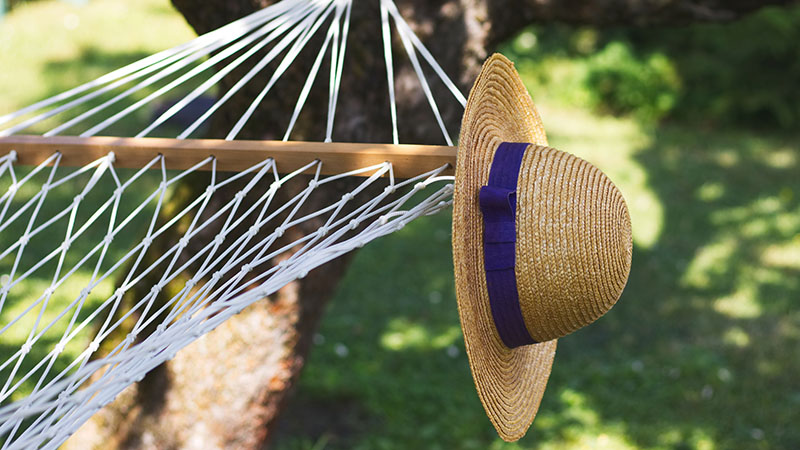
This content is for information and inspiration purposes only. It should not be taken as financial or investment advice. To receive personalised, regulated financial advice please consult us here at Elmfield Financial Planning in Padiham, Burnley, Lancashire.
Divorce is not unheard of in later life and, in fact, the figures suggest that it is growing more common. According to the Office for National Statistics (ONS), 7,468 marriages comprising over-65s ended in 2004, with the figure rising to 10,937 in 2014. Whilst money can sometimes be far from people’s minds during the divorce process, it’s crucial to not neglect your financial interests – especially with regards to your pension.
A pension is often one of the most valuable assets which is often overlooked in divorce cases, yet many people will depend on it for their retirement. Here at Elmfield in Padiham, Burnley, Lancashire our financial advisers believe that no one should be impoverished by divorce in retirement. In this short guide, we offer some thoughts on how older divorcees can protect their pension assets to help safeguard their retirement. We hope you find this content useful. If you’d like to speak to an independent financial adviser then you can reach us via:
T: 01282 772938
How pensions are treated in divorce
The answer to this question largely depends on where you live in the UK and your position in the marriage/civil partnership. In a Scottish divorce case, for instance, the assets and liabilities within a union must be vouched for to prove whether they are owned by both people, or by one person within the couple. So, if you married much later in life and largely built up your own pension beforehand, then much of your pension may not be at risk in the divorce case.
In England and Wales, however, the system is different – i.e. all of your assets and liabilities are jointly owned with the other person when you become married, and the same is true of them. As such, if you decide to divorce then both people could have a claim on the other’s pension(s). So, if one person built up a large pension pot throughout their career yet their spouse has little/no pension at all, the latter could be entitled to half of this pot. This is the case even if you married in (or near the point of) retirement.
Whether or not this is fair is up for debate, but it is the reality that people must contend with in a divorce process when it comes to pensions. As financial planners, our main concern is to help ensure that the financial settlement can support you in later life. Below, we outline some of the options which you may wish to explore for your own case (or for someone you know):
Options for dealing with pensions in a divorce
In short, there are three main options for approaching pensions in the divorce process. The suitability of each one for each case will depend on the cases and circumstances in question:
Pension sharing
This is, perhaps, the most common option which people opt for. Suppose, for instance, that one of you has a large pension pot and the other has none. This first pot would effectively be split into two separate pots – one for each person. The advantage of this approach is that it allows each individual to pursue the pension strategy they want from that point on; they are not bound to what their ex-spouse wants.
Earmarking
This option allows each person in the former marriage to split the rights to the pension benefits once they become available (e.g. once both have reached age 55). The benefits will then be apportioned according to the percentage determined in the final settlement agreed in the case. As such, the original owner of the pension (Spouse A) retains ownership and control over the pension – but a regular payment will go from this pot to Spouse B.
Offsetting
Under this option, the value of the pension is “offset” against another asset in the marriage. For instance, if Spouse A has a pension worth £500,000 and both of them own a house worth about the same, then Spouse B could keep the home whilst Spouse A keeps their pension.
This can be an appropriate approach in some cases, but it needs to be said that it usually causes issues. First of all, since the pension is often the biggest asset in the union there might not be other assets which are valuable enough to be offset against it. Secondly, this course does leave open the possibility that one of the spouses ends up with little/no pension once the divorce case is over. It might sound appealing to give up your claim on the other person’s pension in exchange for full ownership of the home you love, yet how will you continue to afford to live there in later life without a decent retirement income?
Conclusion & invitation
Divorce is always a complex and difficult process to navigate and pensions do not make this any easier. Yet it’s very important to deal with the question appropriately and to ensure you get the best deal possible for your situation. After all, what happens with the pension(s) in the divorce case will likely have a big impact on your retirement lifestyle for many years.
If you are interested in starting a conversation about your own situation then we’d love to hear from you. Get in touch to arrange a free, no-commitment consultation with a member of our team here at Elmfield Financial Planning in Padiham, Burnley, Lancashire.
Reach us via:
T: 01282 772938

